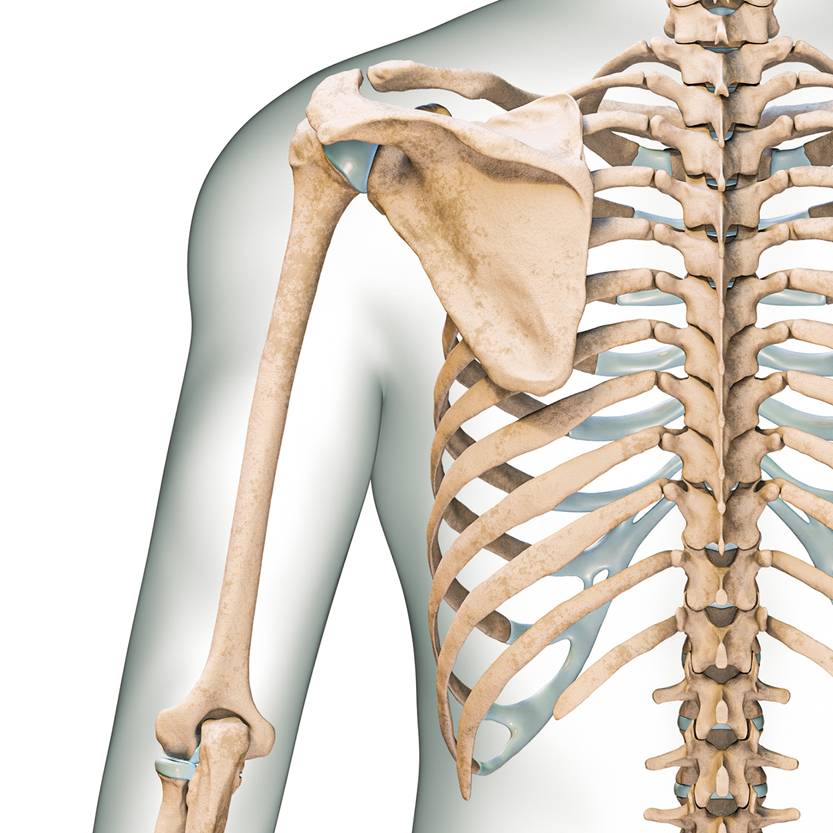How to Improve your Bone Health
Be the Best Skeleton you can be this Halloween
This Halloween, we are highlighting our skeletons, as bones play an important role in our overall health. Bones support us and allow us to move. They protect our brain, heart, and other organs from injury.
The adult body has 206 bones, and our skeletons completely regenerate or remodel themselves every 10 years. How cool is that? It’s like our bones undergo a decade-long renovation to keep up with the times and changes within our bodies. As we age, the remodeling process can shift out of balance and lead to bone diseases, such as osteoporosis. As such, it is important, that we do all we can to keep our bones healthy.
1. Diet and Bone Health
Getting too little calcium or vitamin D can increase your risk of getting osteoporosis. Vitamin D is important because it helps your body use the calcium in your diet. Magnesium and phosphorus can also help improve bone health. By eating plenty of fruits and vegetables, you will go a long way to providing your bones with the nutrients they need.
2. Physical Activity and Bone Health
We all know that not being active for lengthy periods can increase the chances of health issues. Like muscles, bones get stronger and stay stronger with exercise. There are many studies that show strength training can help build stronger bones and grow bone mass. Regular weight and strength training can:
- Reduce inflammation
- Prevent bone loss
- Increase bone size
- Boost bone mineral density
3. Maintaining Body Weight
Being overweight can put unnecessary strain on your bones and being underweight can increase the risk of bone loss and fracture. The goal is to maintain a healthy body weight for your height without going through rapid weight loss or gains.
4. Importance of Protein for Bone Health
Our bodies find it easier to build healthy bones if we eat enough protein in our diet. The best way to ensure you’re getting enough protein is to include protein in every meal.
Talk to your primary care provider if you have questions about your bone health.
With Direct Primary Care, our providers take time to discuss your risk factors with you and determine a personal plan to keep your bones healthy.

